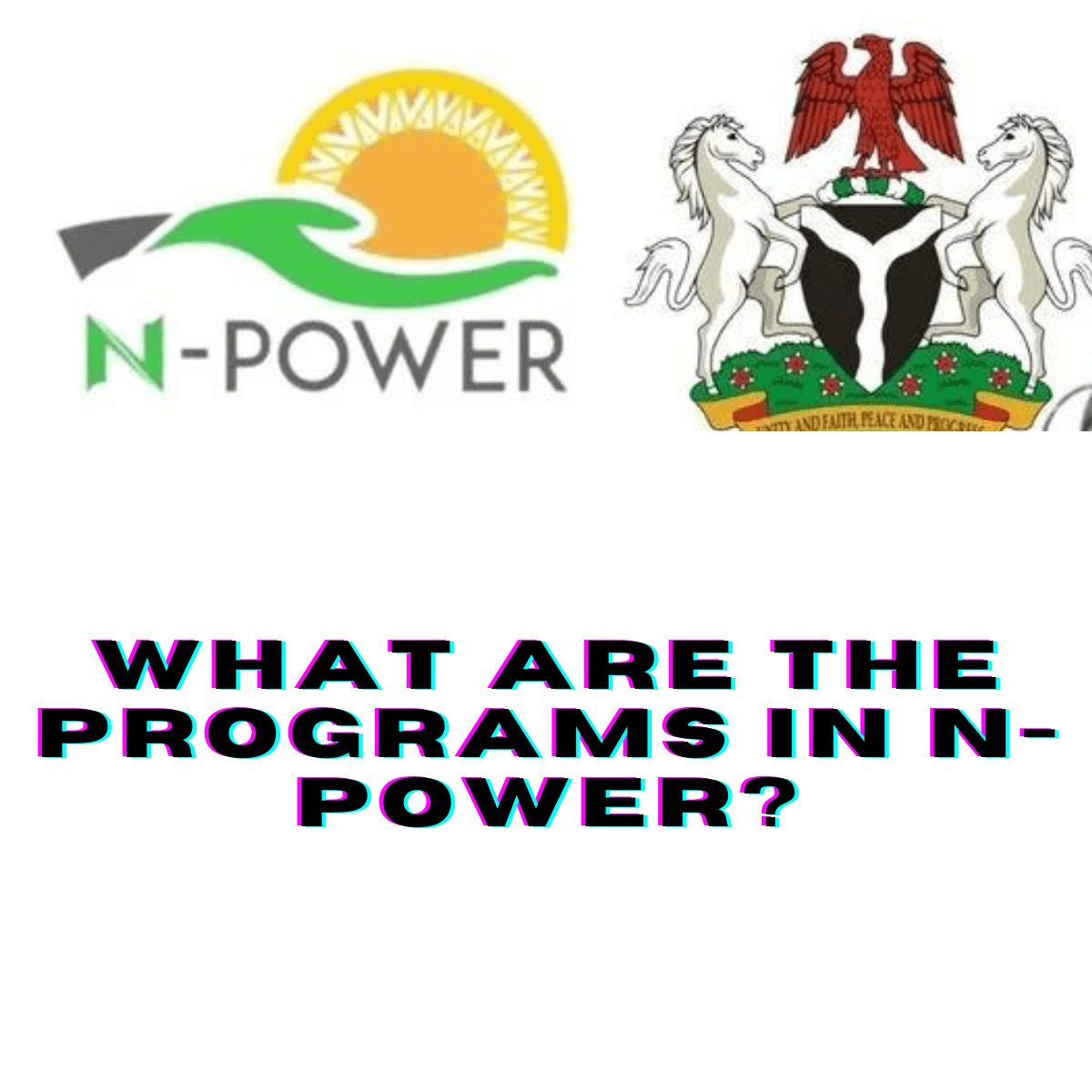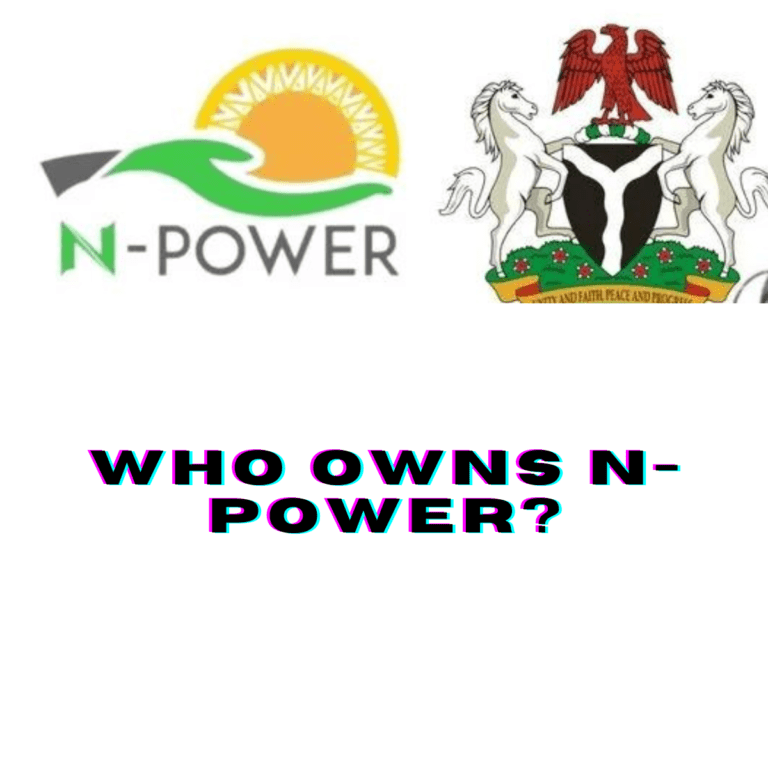Unveiling the N-Power Programs: A Comprehensive Guide
In the heart of Nigeria’s efforts to address unemployment and empower its youthful populace lies the innovative N-Power Program. Initiated by the Nigerian government, N-Power not only aims to foster societal development through skill development but also seeks to uplift the economic status of its beneficiaries. As a Nigerian deeply entrenched in the dynamics of our nation’s quest for development, I find the narrative of N-Power not just compelling but crucial for anyone looking to understand or engage with Nigeria’s employment and empowerment strategies. In this article, we embark on a detailed exploration of the N-Power Programs, illuminating their objectives, structures, and the transformative potential they hold for Nigerian youths.
A Closer Look at N-Power’s Mission
At its core, N-Power is designed to tackle the twin challenges of unemployment and underemployment among Nigerian youths. By equipping participants with market-relevant skills, the program aims to create a more competent and competitive workforce. N-Power’s approach is multifaceted, encompassing not just skill acquisition but also practical, on-the-job experience that prepares participants for the job market or entrepreneurial ventures. This strategic focus not only enhances personal and professional development but also contributes significantly to the nation’s socio-economic growth.
The Diversity of N-Power Programs
N-Power categorizes its programs into several key areas, each targeting specific sectors and skill sets. This categorization ensures that a wide range of interests and competencies are catered to, making the program inclusive and impactful. Let’s delve into these categories and understand what each entails:
N-Power Agro
Aimed at promoting food security and agribusiness, N-Power Agro recruits Nigerian youths into the agricultural sector. Participants are trained in agricultural best practices, as well as in how to become facilitators to farmers across the nation. This program not only seeks to enhance food production but also to create a knowledgeable workforce that can drive innovation in agriculture.
N-Power Health
Recognizing the critical role of healthcare in societal development, N-Power Health focuses on training and deploying healthcare professionals to underserved areas. The program targets young graduates with backgrounds in health sciences, preparing them to contribute effectively to public health campaigns and services.
N-Power Teach
Education is the cornerstone of development, and N-Power Teach is dedicated to strengthening this sector. Participants are deployed as assistant teachers in primary and secondary schools, where they help in improving educational delivery. This program is pivotal in addressing the teacher-student ratio disparity and enhancing the quality of education in Nigerian schools.
N-Power Build, Tech, and Creative
These segments of the N-Power Program are geared towards the construction, technology, and creative industries, respectively. N-Power Build focuses on training participants in construction trades, while N-Power Tech and Creative aim to harness the potential of Nigerian youths in the burgeoning tech and creative sectors. These programs not only provide practical skills but also foster innovation and entrepreneurship.
FAQs on N-Power Programs
Q: Who is eligible for N-Power Programs? A: Nigerian youths typically between the ages of 18 and 35 who meet the program’s educational and skill level criteria are eligible to apply.
Q: How can I apply for N-Power? A: Applications can be submitted through the official N-Power portal when the application window is open. Prospective participants should keep an eye on official announcements for application dates.
Q: Is there a stipend for participants? A: Yes, N-Power provides a monthly stipend to participants during the program to support their learning and living expenses.
Q: What happens after completing an N-Power Program? A: Upon completion, participants gain certification and are encouraged to leverage their newly acquired skills for employment or entrepreneurship. The program also offers a transition plan for some paths, integrating successful participants into related government or private sector jobs.
Engaging with the Readers
As we navigate the complexities and opportunities presented by the N-Power Programs, it’s essential to consider how these initiatives align with our individual and collective aspirations. Are there ways we can further optimize these programs for enhanced impact? How can the experiences of past participants inform future iterations of the program?
Your insights and experiences are invaluable in this dialogue. Whether you’re a potential applicant, a current participant, or an alumnus of the N-Power Program, your story can inspire and guide others. I invite you to share your thoughts and questions in the comments below. Let’s foster a community of learning and empowerment, united in our pursuit of development and prosperity for all Nigerians.






